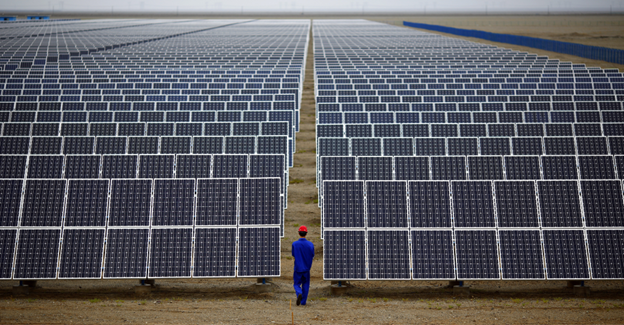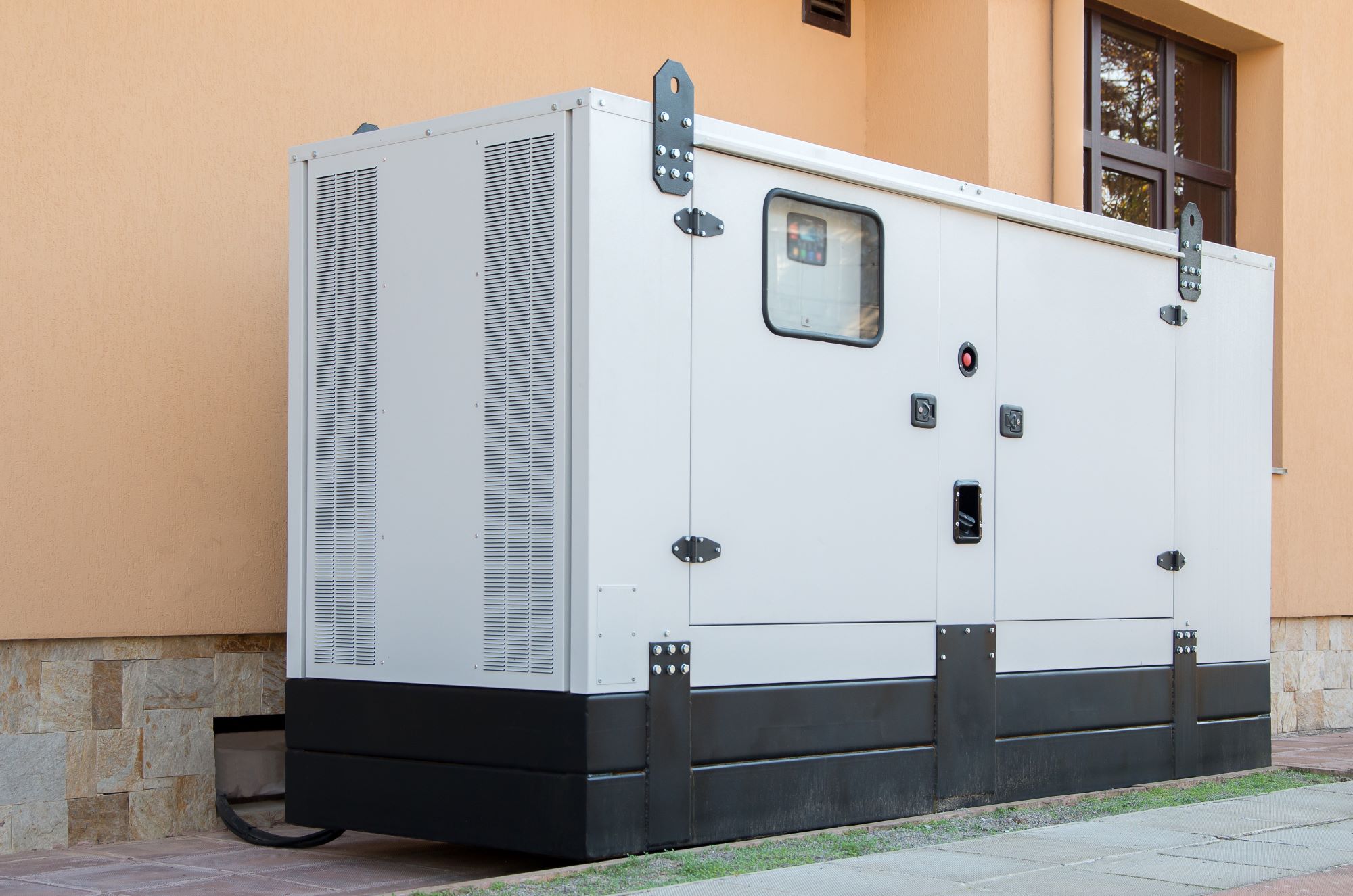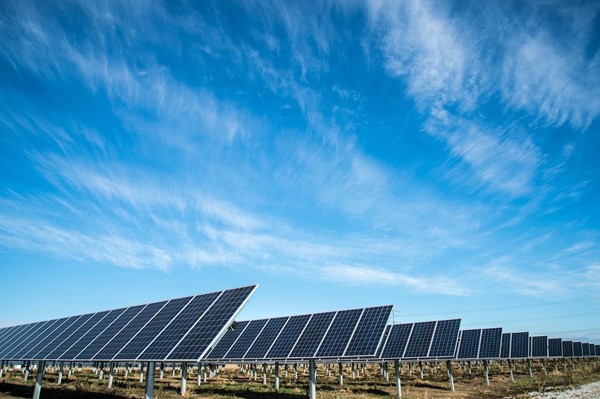How to Ensure Data Security in Solar Power Plants
Solar power plants have revolutionized how we harness energy from the sun, providing a sustainable and eco-friendly source of electricity. These facilities generate vast amounts of data, crucial for their efficient operation and maintenance. However, the storage and management of this data pose significant challenges, especially concerning security.
In this article, we will explore the importance of data security in solar power plants and provide insights into strategies to safeguard this critical information.

The Importance of Data Security in Solar Power Plants
Data security is paramount in solar power plants for several reasons. Firstly, solar power facilities often rely on complex control systems that collect and analyze data from various sensors, weather forecasts, and electricity production metrics. This data is essential for optimizing energy generation and ensuring efficient operation. Any breach or loss of this information can lead to substantial financial losses and reduced energy production.
Moreover, solar power plants frequently operate in remote locations, making them vulnerable to physical security threats. Protecting data is vital to prevent unauthorized access and tampering, which could disrupt energy generation or even compromise the entire power plant’s functionality.
Potential Threats to Data Security
To ensure data security in solar power plants, it’s crucial to understand the potential threats. These include cyberattacks, physical theft, natural disasters, and even employee negligence. Solar power plants can be tempting targets for cybercriminals, as successful attacks can disrupt the energy supply and cause considerable damage. Implementing robust security measures is essential to mitigate these risks.
Implementing Access Control Measures
One of the fundamental steps in data security is implementing access control measures. This involves defining who has access to specific data and what actions they can perform. Access control can help prevent unauthorized individuals from tampering with critical data or systems. Solar power plants should create user roles and permissions, ensuring only authorized personnel can make changes.
Encryption and Its Role in Data Security
Data encryption is a crucial aspect of protecting sensitive information in solar power plants. Encryption converts data into a code that is only decipherable with the correct encryption key.
By encrypting data both in transit and at rest, solar power plants can safeguard information even if it falls into the wrong hands. Additionally, it’s advisable to get an SSL certificate to further enhance the security of data in transit. SSL certificates provide a secure, encrypted connection between users and the solar power plant’s systems, ensuring that data exchanged with the plant remains confidential and tamper-proof.
Regular System Updates and Patch Management
Keeping software and hardware up to date is essential for data security. Outdated systems can have vulnerabilities that cybercriminals can exploit. Regularly updating and patching software and firmware can help prevent security breaches.
Employee Training and Awareness
Human error is a significant factor in data security incidents. Training employees and raising their awareness about security risks can greatly reduce the chances of breaches. Employees should know how to recognize phishing attempts, use strong passwords, and follow best practices in data security.
Physical Security Measures
Physical security is equally vital in protecting data in solar power plants. Installing surveillance cameras, access control systems, and security fencing can deter potential intruders. Physical security measures can be the first line of defence against unauthorized access.

Data Backup and Recovery
Data loss can occur due to various reasons, including hardware failures or cyberattacks. Regular data backup and recovery plans are necessary to minimize downtime and data loss. Backup data should be stored securely and regularly tested to ensure its integrity.
Monitoring and Incident Response
Continuous monitoring of systems is essential to detect and respond to security incidents promptly. Solar power plants should have an incident response plan in place, outlining the steps to take in case of a security breach.
Regulatory Compliance
Compliance with industry-specific regulations and standards is crucial for data security in solar power plants. Meeting these requirements not only ensures security but also demonstrates a commitment to best practices and customer trust.
Benefits of Data Security in Solar Power Plants
Efficient data security measures offer several benefits, including maintaining uninterrupted energy production, reducing the risk of financial losses, and safeguarding the reputation of the solar power plant.
Future Trends in Data Security
As technology evolves, so do the threats and solutions in data security. Staying up-to-date with emerging trends is crucial to ensure ongoing protection of critical data.
Quantum-Resistant Encryption: The advent of quantum computing poses a threat to current encryption methods. To counter this, the development and adoption of quantum-resistant encryption techniques are on the horizon, ensuring that data remains secure even in a post-quantum computing era.
Zero Trust Architecture: Traditional security perimeters are increasingly ineffective in a world of remote work and cloud services. Zero Trust Architecture is gaining prominence, requiring continuous verification of identities and devices, regardless of their location.
AI and Machine Learning for Threat Detection: AI and machine learning will play a pivotal role in detecting and mitigating threats. These technologies can analyze vast datasets to identify unusual patterns and potential security breaches in real time.
Privacy-Preserving Technologies: With increasing concerns about data privacy, technologies like homomorphic encryption and differential privacy will be used to protect data while still allowing for valuable analysis.
Blockchain for Data Integrity: Blockchain’s immutable ledger can be used for data integrity verification. It’s expected to have applications in securing supply chains and ensuring the authenticity of critical data.
IoT Security: As the Internet of Things continues to grow, securing interconnected devices and ensuring the protection of their domain name will be a significant focus. Manufacturers and developers will need to embed security measures into IoT devices from the ground up, including safeguarding the associated domain names.
Regulatory Compliance: Data security regulations will continue to evolve and expand. Companies will need to adapt to these changes to avoid legal and financial consequences.
The future of data security is about adapting to new technologies and threats, ensuring data protection is dynamic and resilient. Staying ahead in this constantly changing landscape requires a proactive approach to security.
Conclusion
In conclusion, data security is a critical aspect of ensuring the efficient and reliable operation of solar power plants. By implementing access control measures, encryption, regular system updates, employee training, physical security, data backup, and monitoring, solar power facilities can protect their valuable data assets. Compliance with regulations and industry standards is a must, and learning from successful case studies can provide valuable insights.
As the industry continues to evolve, staying vigilant and proactive in data security is essential to sustain the growth of solar energy production.

















